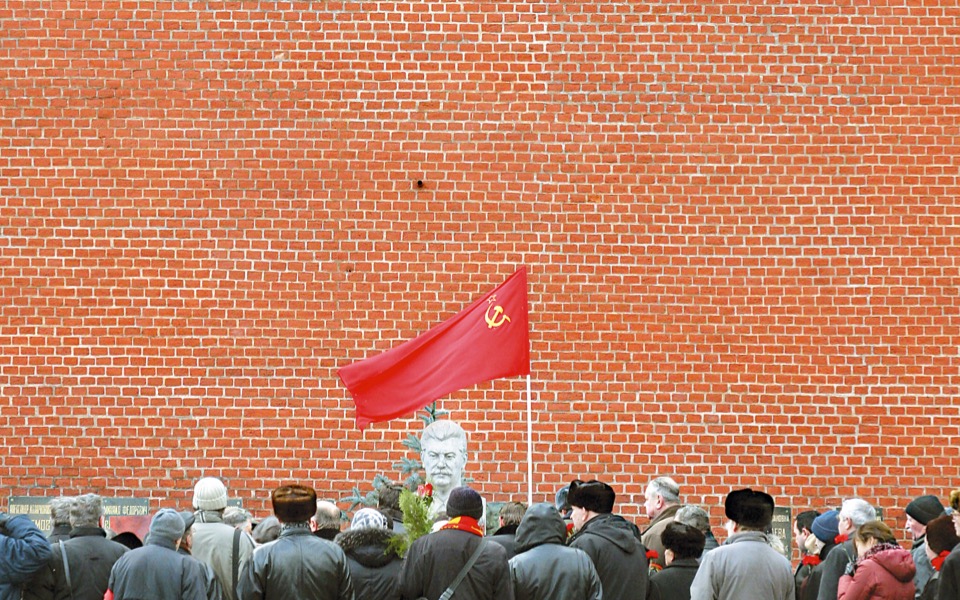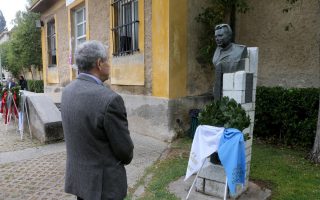It’s not interpretation – it’s historical fact

In October 2011, the Greek Communist Party (KKE) held an official ceremony at Athens’s First Cemetery to rehabilitate Nikos Zachariadis, the party’s Stalinist leader in the 1940s and a key figure in the Greek Civil War, who was denounced by the Soviet leadership during the Khrushchev era for opposing its new anti-Stalinist direction. Many had brushed off the ceremony as being contrived. Deep down, however, it was an extreme expression of a broader collective undercurrent of understanding, sympathy and explicit support, regardless of left-wing credentials. So, while the rest of Europe has more or less dispensed with the issue of the criminal nature of communist regimes, it’s still very much open here in Greece.
I refer here to Greece’s refusal to participate in the recent conference in Tallinn on the crimes of communist regimes in Europe and the debate sparked by the letter sent this week by Estonian Justice Minister Urmas Reinsalu on the issue to his Greek counterpart Stavros Kontonis. “The fate of our two states in the 20th century has been different,” Reinsalu wrote. Indeed. We have a tendency in Greece to take as fact only the interpretation of one or the other side.
Today is September 1, the anniversary of the start of World War II in Europe in 1939, when German troops invaded western Poland. What we avoid mentioning in Greece is that 15 days later, the Soviet Union invaded Poland from the east, in the framework of the Molotov-Ribbentrop Pact of August 1939. Other than Poland, the USSR also invaded countries in the Baltic, including Estonia, in June 1940, when the Western world was otherwise absorbed by the German march on Paris.
The Soviet Union had already established a naval blockade of Estonia by September 24, 1939. As is widely known, the relationship between Germany and the USSR changed dramatically after the Soviet Union’s surprise invasion. By 1945, the USSR had suffered the biggest death toll in the war and in the Nuremberg Trials of 1945 and 1946, the Soviets were among the Nazis’ accusers. Just as the deaths of millions of Soviets is a fact, so too is the relationship between Stalin and Hitler prior to 1941.
We are not talking about interpretations here; we are talking about historical fact. But in Greece, we tend to confuse the two whenever it suits us. It is a fact that wherever communism was applied, it left a trail of dead bodies behind it. Sure, it also generated jobs, but let’s not take the conversation down that path, otherwise it will resemble the ridiculous reminiscences of nostalgists of the military dictatorship who say that it “didn’t leave any debt.”
When a regime prohibits free and fair elections and persecutes and kills dissenters, it is a criminal regime. How is that so hard to understand?





